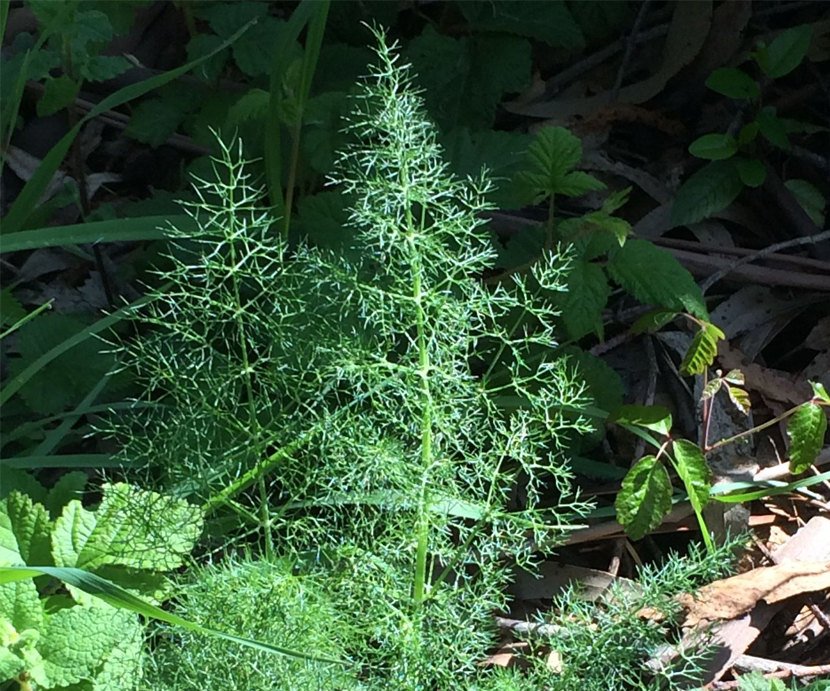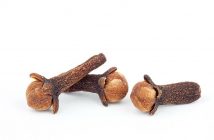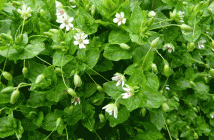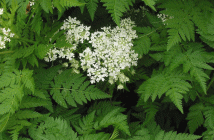 An annual of the family Apiaceae, anise (Pimpinella anisum) is related to other plants bearing aromatic fruit (commonly referred to as seeds), including dill, cumin, caraway, and fennel. Cultivated plants range from eighteen inches to four feet in height, accented by finely divided, feathery, bright-green leaflets. The name Pimpinella (from the Latin dipinella) is derived from the twice-pinnate form of the leaves. White flowers up to three inches across appear in the umbels as early as six weeks after sowing; the seeds ripen to a greyish-green color in approximately four months. The entire plant is imbued with a pronounced anise taste.
An annual of the family Apiaceae, anise (Pimpinella anisum) is related to other plants bearing aromatic fruit (commonly referred to as seeds), including dill, cumin, caraway, and fennel. Cultivated plants range from eighteen inches to four feet in height, accented by finely divided, feathery, bright-green leaflets. The name Pimpinella (from the Latin dipinella) is derived from the twice-pinnate form of the leaves. White flowers up to three inches across appear in the umbels as early as six weeks after sowing; the seeds ripen to a greyish-green color in approximately four months. The entire plant is imbued with a pronounced anise taste.
Near Eastern in origin, anise has had medicinal and fragrance uses since antiquity; itwas allegedly popular in Egypt as early as 1500 B.C. Pliny the Elder claimed that if it were tucked under one’s pillow at night, inhalation of the aroma would prevent disagreeable dreams. Valued as an aphrodisiac, the seeds have also been employed to flavor cookies, cakes, and liqueurs (e.g., anisette) as well as to season fatty meats. The latter practice, and the Roman tradition of concluding feasts with anise seed cakes, probably originated as a digestive aid. In the sixth century, Pythagoras believed that the herb was useful for scorpion bites, while others wrote that it promoted the flow of urine, sweetened the breath, and prevented shortness of breath. In addition, the oil from the seeds has been used to treat digestive problems and bronchial conditions, to fight lice, and as a rodent bait. Its popularity was such that theVirginia Assembly decreed in 1619 that each house-
hold should plant at least six anise seeds and repeat the plantings on an annual basis. Anise is frequently confused with other plants due to similarities in taste and aroma. Star anise (Illicium verum)—the fruit of a tree flourishing in China and Japan—bears a seed in each section of its starshaped arrangement. Florence fennel or finocchio (the vegetable form of fennel) is often labeled anise in grocery stores



